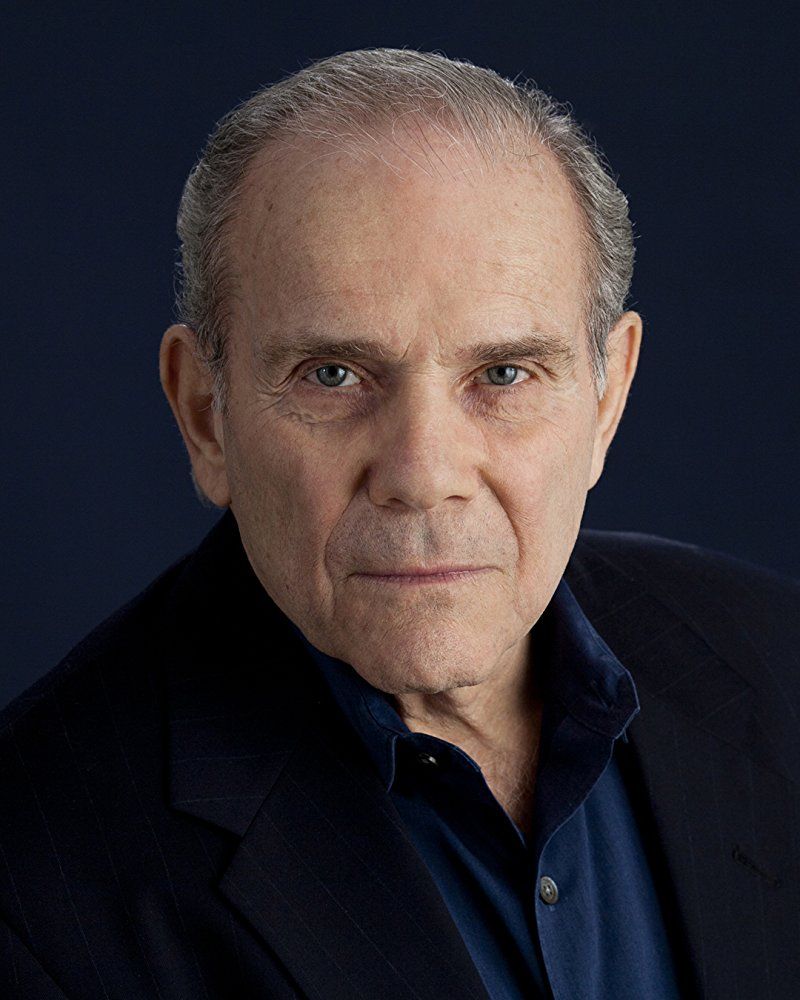Can one man, through a series of controversial decisions, fundamentally reshape an entire industry? The story of Martin Shkreli suggests the answer is a resounding yes, though the legacy is complex and contentious.
Shkreli's journey, marked by meteoric rises and spectacular falls, provides a stark illustration of the pharmaceutical landscape's complexities. His name, once a symbol of youthful ambition and financial acumen, became inextricably linked to allegations of price gouging, unethical practices, and ultimately, legal ramifications. This article will examine his life, career, and the lasting impact of his actions, navigating the ethical and economic debates he ignited.
| Full Name: | Martin Shkreli |
| Date of Birth: | March 17, 1983 |
| Place of Birth: | Queens, New York, USA |
| Nationality: | American |
| Education: | University of California, Berkeley (Applied Science, Business Administration) |
| Known For: | Former CEO of Turing Pharmaceuticals; Daraprim price hike; Securities Fraud Conviction |
| Key Companies: | MSMB Capital Management, Retrophin, Turing Pharmaceuticals |
| Controversies: | Drug pricing, ethical concerns, legal battles |
| Reference: | U.S. Securities and Exchange Commission (SEC) |
Born in Queens, New York, on March 17, 1983, Martin Shkreli's early life hinted at the ambition that would later define his career. Raised by Albanian-American parents, he displayed an early interest in finance and entrepreneurship, a foundation that would shape his later actions. This youthful enthusiasm led him to pursue an education at the University of California, Berkeley, where he studied Applied Science with a focus on Business Administration. It was here that he began to hone the skills and knowledge that would propel him through the cutthroat world of finance and, eventually, pharmaceuticals.
Shkreli's initial foray into the business world began in the financial sector. He worked at prestigious institutions like Deutsche Bank and later joined the hedge fund firm Retrophin. His expertise in finance and a growing interest in the pharmaceutical industry led him to establish his own hedge fund, MSMB Capital Management. This venture experienced a period of notable success before its closure. These early experiences established Shkreli's business acumen and provided the groundwork for his later, more controversial endeavors.
Shkreli's rise to public recognition began with his appointment as CEO of Turing Pharmaceuticals in 2015. The company, and by extension Shkreli, became a household name following the decision to drastically increase the price of Daraprim, a drug used to treat toxoplasmosis, a parasitic infection that can be life-threatening, particularly for people with weakened immune systems. This decision catapulted him into the spotlight, instantly transforming him into a figure of both infamy and fascination.
The controversies surrounding Martin Shkreli are numerous and multifaceted, encompassing issues of ethics, legality, and the economics of healthcare. Central to these controversies is the perception that he prioritized profit above patient well-being. His actions sparked widespread debates about the pharmaceutical industry's role in society, raising critical questions about corporate responsibility.
- Wwwmovierulzcom Kannada Your Guide To Kannada Movies Online
- Dolly Partons Carl Dean The Man Behind The Legend
The most infamous episode in Shkreli's career involved the dramatic price increase of Daraprim. The drug, previously priced at $13.50 per tablet, was suddenly priced at $750 per tablet overnight. This astronomical increase drew immediate and widespread condemnation from a broad spectrum of stakeholders, including patients, healthcare providers, policymakers, and the general public. This decision not only highlighted the often-opaque nature of drug pricing but also exposed vulnerabilities in the regulatory frameworks governing the pharmaceutical industry.
The controversy ignited a national conversation about drug affordability and access to essential medicines. Patient advocacy groups and consumer protection organizations argued that the price hike made a life-saving medication unaffordable for many, particularly those who were already vulnerable. Medical professionals expressed concerns about the ethical implications of such a drastic increase, questioning the industry's commitment to public health.
In 2017, Shkreli's legal troubles culminated in a conviction for securities fraud. The charges stemmed from his time at Retrophin, where he was accused of using company funds for personal gain. The court found him guilty of various counts of fraud, leading to a six-year prison sentence. This legal battle further damaged his reputation and brought to light the ethical concerns that were central to his business practices.
The conviction underscored the importance of corporate governance and the potential for abuse in the pharmaceutical industry. It highlighted the need for stricter oversight and accountability to ensure that companies operate ethically and in the best interests of both investors and patients. The legal repercussions also served as a cautionary tale, demonstrating the consequences of prioritizing personal gain over legal and ethical obligations.
Martin Shkreli's actions have left an enduring impact on the pharmaceutical landscape, fundamentally shifting the conversation surrounding drug pricing, corporate ethics, and regulatory oversight. The controversy sparked by the Daraprim price hike prompted a national dialogue about the balance between innovation, profit, and patient access to essential medications.
The industry has since witnessed increased scrutiny of pricing practices, with governments and regulatory bodies taking steps to address concerns about affordability and transparency. Policymakers and industry leaders have responded to the controversies, aiming to create a more patient-focused healthcare system and to prevent future instances of price gouging. The legacy of Shkreli's actions is visible in a heightened awareness of the importance of ethical business practices and the need for continuous improvement in the healthcare sector.
In the wake of the controversies surrounding Shkreli, various reforms and initiatives have been put in place to tackle drug pricing issues and enhance transparency within the pharmaceutical sector. One of the most significant measures has been the introduction of price transparency laws by governments, compelling pharmaceutical companies to disclose detailed information about their pricing structures. This aims to make the market more transparent and enable better-informed decision-making.
Furthermore, regulatory bodies have bolstered their oversight of drug pricing practices to identify and prevent price gouging. Increased scrutiny from regulatory agencies provides a crucial check on pharmaceutical companies, ensuring that pricing decisions are justifiable and do not exploit patient needs. These measures include detailed reviews of pricing strategies and interventions when unreasonable price increases are detected.
Public awareness campaigns have also gained momentum, with the aim of educating the public about drug pricing, healthcare accessibility, and the complexities of the pharmaceutical market. These initiatives provide consumers with valuable information and resources, empowering them to advocate for fair pricing and equitable access to medications. By promoting informed decision-making, these campaigns are critical in fostering a more patient-centered healthcare environment.
Shkreli's influence on public discourse has been profound, and has sparked comprehensive discussions about the role and responsibility of pharmaceutical companies within society. His high-profile controversies illuminated critical issues such as drug pricing, patient welfare, and the need for regulatory reforms, which made him a focal point for discussions about the future of healthcare.
These discussions continue to shape policy and industry practices, emphasizing the need for a patient-centered approach that prioritizes the well-being and needs of individuals. The controversy around Shkreli's actions also underscores the importance of corporate accountability, driving demands for greater transparency and ethical behavior within the pharmaceutical sector. His impact on public discourse highlights the need for ongoing efforts to ensure the healthcare system remains fair, equitable, and accessible.
The pharmaceutical industry remains in a state of evolution, driven by an ongoing need for greater transparency, accountability, and innovation. Future reforms are likely to focus on addressing the root causes of drug pricing issues. The goal is to ensure that patients have access to affordable and life-saving medications. Martin Shkreli's legacy serves as a constant reminder of the importance of ethical business practices and the need for continuous improvement in the healthcare sector.
As the industry moves forward, several key areas demand attention to ensure a more equitable and transparent pharmaceutical environment. These areas of focus involve policy changes and business practices. One critical area is price regulation, which involves implementing policies to control excessive drug pricing and ensure the affordability of essential medicines for all individuals.
Another important focus is corporate accountability, which entails strengthening regulations to hold pharmaceutical companies accountable for their pricing decisions and ensure that they are transparent and ethical in their operations. The final critical area is patient-centric approaches. These prioritize patient welfare and ensure that healthcare solutions are designed to meet the specific needs of patients. This approach requires collaboration among healthcare professionals, policymakers, and patient advocates.
Martin Shkreli's journey has been characterized by ambition, controversy, and a profound impact on the pharmaceutical landscape. His actions, though widely criticized, have initiated critical discussions about drug pricing, corporate ethics, and the need for regulatory reforms. While his methods and decisions have been subject to significant scrutiny, they have also spurred positive changes within the healthcare sector.
The debate continues, and as the healthcare landscape evolves, the lessons learned from Shkreli's career remain relevant. They serve as a reminder of the critical balance between innovation, access, and ethical responsibility in the pharmaceutical industry. His legacy encourages ongoing dialogue and the pursuit of a more equitable and transparent healthcare future, as the industry continues to grapple with questions of pricing, access, and ethical conduct, Shkreli's shadow will undoubtedly continue to loom large.
![Martin Shakar Detailed Biography with [ Photos Videos ]](https://alchetron.com/cdn/martin-shakar-9ee828f5-c29b-4641-a851-ac8a2f7dede-resize-750.jpeg)

